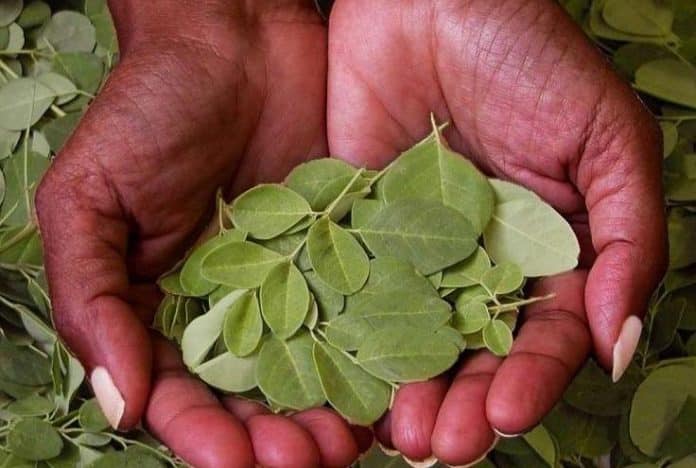It has been used for centuries in traditional medicine to treat various ailments. Moringa leaves, for example, have anti-inflammatory, antibacterial and antioxidant properties. They can help strengthen the immune system and prevent certain diseases. A tool in the fight against malnutrition Moringa is particularly promising in the fight against malnutrition, particularly in children and pregnant women. By providing a source of essential nutrients, it can help prevent nutritional deficiencies that lead to growth and development problems. Additionally, moringa is easy to grow in many parts of the world, making it an accessible resource for disadvantaged communities. The challenges of integrating moringa into the diet Although moringa offers many benefits, its integration into the daily diet of certain populations presents challenges. Moringa leaves taste bitter to some people, which can make it difficult to consume them regularly. Additionally, it is essential to ensure that moringa cultivation is sustainable and environmentally friendly. Conclusion: Moringa is undeniably a miraculous plant against malnutrition. Its exceptional nutritional composition makes it a valuable asset in the fight against this global scourge. However, to maximize its potential, it is necessary to address the challenges related to its consumption and cultivation. With continued efforts to promote this exceptional plant, it is possible to help improve the health and nutrition of the most vulnerable populations around the world. Moringa offers tangible hope in the fight against malnutrition, and it is time to explore it further to exploit its full potential.
Moringa, Miraculous Plant Against Malnutrition?

Pages: 1 2